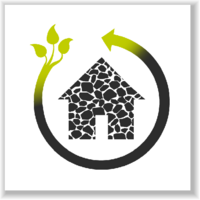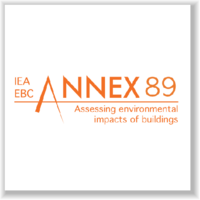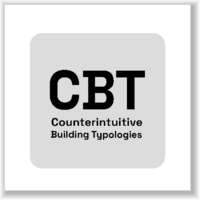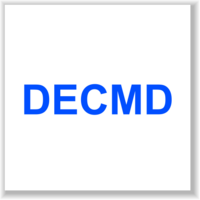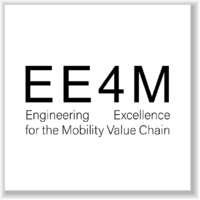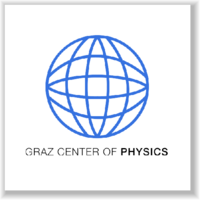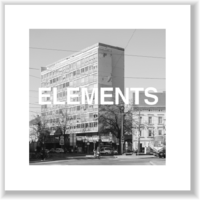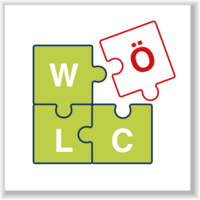WLCÖ coordinates a science-based, nationally harmonised life cycle assessment method for buildings in Austria. It evaluates embodied and operational impacts, compares construction systems, models decarbonisation pathways, and develops practical guidelines and policy recommendations.
BIOCHARm
The project explores the potential of biochar in construction to support climate neutrality. By storing carbon long-term, biochar can deliver negative emissions. BIOCHARm assess availability, properties, and applications of bio-based feedstocks and pyrolyzed biochar in Austria’s building sector.
IEA EBC Annex89
Annex89 is focusing on the pathways to implement net-zero whole life carbon (NetZ-WLC) solutions in buildings by guiding targets, assessment methods, tools, and stakeholder actions. It advances Paris-goal compatible policies and practices, fostering science-based uptake to cut embodied and operational GHGs across the building life cycle.
Kraisbau
The BMIMI flagship project KRAISBAU aims to create the conditions for a construction revolution in Austria and to provide strong impetus for AI-supported circular construction. The combined expertise of 32 construction companies, research institutions, architectural firms, and other relevant institutions creates the conditions for these ambitious goals to be achieved.
Indicate Life
The aim of INDICATE LIFE is to determine the quality and quantity of national WLC building LCA data required for the creation of benchmarks, target limits, and policy measures in five EU countries.
GreenRenoV8
The project contributes to the implementation of comprehensive renovations of the building stock, which include energy efficiency, seismic safety and reduction of environmental impacts by addressing the generation of CO2 emissions in the life cycle of buildings. The key objective of the project is to achieve climate neutrality of the building stock in the EU by 2050 through renovations.
Counterintuitive Building Typologies
The research project investigates whether considerable material and infrastructural resources of commercial properties (more than 13 million squaremetres of retail space in Austria) could also be developed in a more ecologically and economically sustainable way, not least because stationary retail is continuously losing economic traction.
DECMD
The project explores how fine-grained soils can be used more widely in dam construction to conserve resources and reduce transport distances. It aims to improve their applicability, enhancement measures, and quality assurance—validated through large-scale test dams with monitoring systems.
EE4M - Engineering Excellence for the Mobility Value Chain
EE4M strengthens engineering education in Europe’s mobility value chain by focusing on smart and sustainable operations management. Through innovative training modules and a transnational platform, it equips over 1,000 learners with future-ready skills, boosting competitiveness, employability, and sustainability.
GCP - Graz Center of Physics
The project provides scientific monitoring of the “Graz Center of Physics” construction, ensuring ambitious sustainability goals. Focusing on climate change and biodiversity, it promotes and evaluates ecological quality, with results guiding future university projects and advancing research and teaching in sustainable construction.
REUSE Ziegelwand
With 11% of global GHG emissions from building products, sustainability is crucial, yet focusing solely on material choice is too narrow to address the sector’s challenges. The project researches the development of monolithic REUSE prefabricated brick walls with high requirements regarding energy- and resource efficiency.
Elements
ELEMENTS explores sustainable refurbishment of 1960s–70s reinforced concrete buildings to support climate neutrality. Using case studies in Graz, the project develops methods for early potential analysis, combining technical, architectural, economic, legal, and social aspects with strong stakeholder involvement.
Contact
Alexander Passer,
Univ.-Prof. Dipl.-Ing. Dr.techn. MSc
- Tel. +43 316 873 - 5250
alexander.passer@tugraz.at
Current research projects:
Past research projects:













